


A Habitat Learning Lab provides habitat for native wildlife while also providing a place that teachers can use as an outdoor classroom for hands-on, inquiry-based learning. There are a variety of organizations that provide certification and project-based learning opportunities for K-12 schools that develop native wildlife habitat on their school grounds as an educational tool for their students. Learn more about these certification opportunities below.
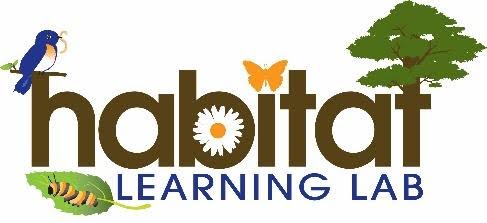
The Alabama Wildlife Federation certifies K-12 schools who develop sustainable Habitat Labs that their teachers use to provide engaging, cross-curricular activities for their students.
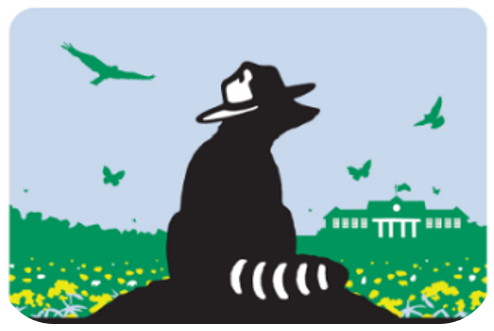
This National Wildlife Federation program recognizes K-12 schools that create Schoolyard Habitats® to restore native habitats, provide access to nature, and help learning to come alive across the curriculum.
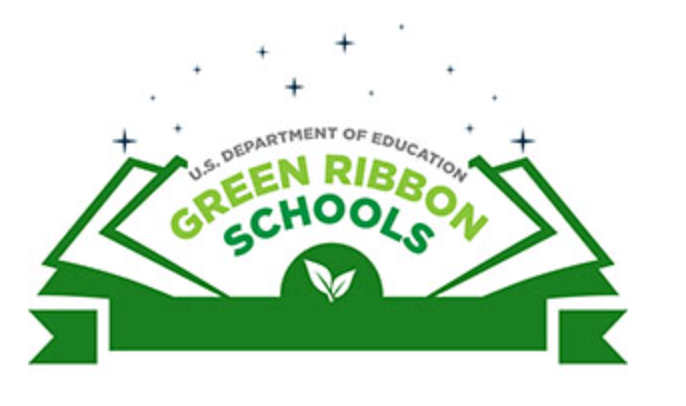
The U.S. Department of Education recognizes schools from each state that conduct sustainability projects focused on sustainable facilities, improved health, and environmental education.
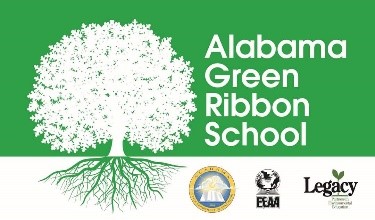
The Alabama Department of Education recognizes schools demonstrating progress in sustainability, health, and environmental education. Alabama Green Ribbon Schools then compete for U.S. Department of Education certification.
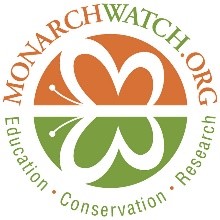
Monarch Watch certifies monarch butterfly habitats that include their host plant (native milkweed) as official “Monarch Waystations” to increase the available habitat for the monarch’s declining population.
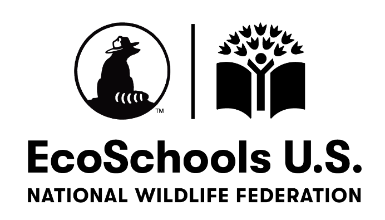
This National Wildlife Federation program recognizes schools that nurture environmental knowledge through student-led, project-based learning about wildlife and biodiversity, climate, and healthy communities.
Website Design and Digital Marketing by